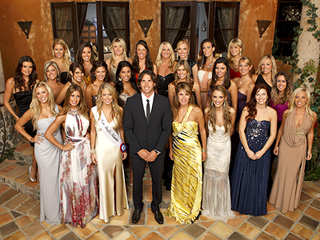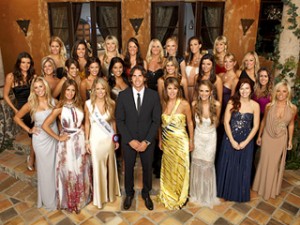April 18, 2012 : Today, a former employee of Computer Sciences Corporation (“CSC”) filed a gender discrimination and harassment lawsuit against CSC. The Complaint, which was filed in Los Angeles County Superior Court (Case No. BC482993), alleges that CSC, a multi-billion dollar company which provides information technology and business services to companies throughout the world, routinely paid women less than men and denied them higher-paying and more prestigious positions. According to the Complaint, CSC has a practice of retaliating against women who complain by demoting or removing them from their positions, withholding their pay, and/or firing them.
The plaintiff, Anne Roeser, was a high level executive at CSC, who, according to the Complaint, was subjected to pervasive gender discrimination and harassment by some of the Company’s Indian male executives who did not want to work with women and who openly stated that women should stay at home, take care of their husbands and raise their children. These Indian male executives, the Complaint alleges, were openly hostile to women, they made sexist and derogatory remarks about women (calling them “girl,” “blonde,” and “white woman”), they demeaned the jobs held by women (saying, for example, that one high-level female executive’s job was merely to take clients out to lunch and go shopping with them), they refused to communicate with women about substantive work-related issues, and they behaved toward women in an aggressive, condescending and intimidating manner.
According to the Complaint, when Ms. Roeser complained about the gender discrimination and harassment and the illegal conduct in which some of these executives were involved, she was demoted, denied earned wages, otherwise retaliated against, and told to stop complaining. When she continued to complain, she was fired. The Complaint alleges that among other illegal conduct, Ms. Roeser complained that the Company’s off-shore Indian employees engaged in over 6,000 instances of illegally accessing the private health and financial information of the patients of one of the Company’s largest health care clients in violation of HIPAA, the California Confidentiality of Medical Information Act, and the privacy rights of these patients.
Commenting about these allegations, Ms. Roeser’s attorney, Andrew H. Friedman of Helmer * Friedman, LLP, said, “Unfortunately, the glass ceiling really does exist at many companies. Hopefully, lawsuits like this one will shatter that ceiling and enable women to reach the same levels in corporate America occupied by men.”


